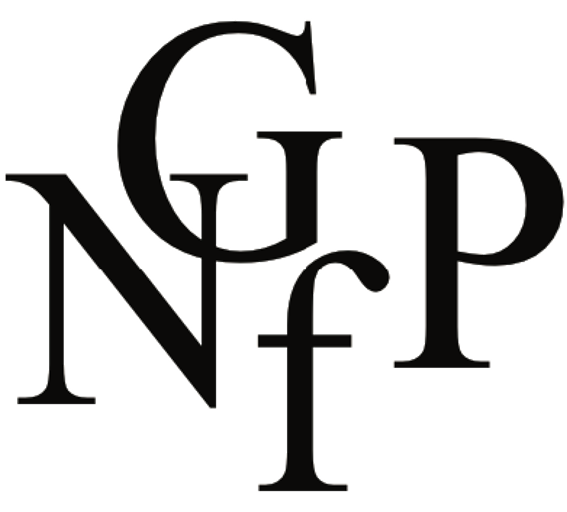The mixed-language, open access “Journal für Psychologie“ just published its most recent issue 1/2012 entitled “Material Girl_Boy: Intersubjectivity and technology in children’s everyday life”, edited by Niklas A. Chimirri and Ernst Schraube (both Roskilde University, Denmark).
Children conduct their everyday lives in a technological world: From their birth onwards, they are surrounded by material things – clothes, toys, rooms, apparatuses, electrical devices, etc. –, with and through these things they explore the world. The process is inextricably intertwined with the exploration of the world with and through others: Siblings, parents, friends, pedagogues, teachers, fictional characters, etc. get closer to the children via those things, assist the children in their explorations, explore together with the children the material and technological world. This reciprocity of the material and the intersubjective points to the fundamental socio-material mediatedness of children’s learning and of human development.
Such an understanding opposes and contrasts the individualism and the “worldlessness” of experimental, classical psychology. Instead it requires theories, concepts, and methods that are able to systematically think and explore the “worldliness” of human existence. Here human beings and the world cannot be understood as static entities: Human learning and development in the world is development of human relations to the world. The world itself does also not stand still: It is changing and is being changed. Consequently, the relation between children and the socio-material world must be considered as a reciprocal, dynamic process of mutual change. This special issue’s contributions build on such a presumption and argue for a contextual child research and for situated knowledge; a knowledge that connects the subjective and the particular in order to garner generalizable insights.
Research that investigates the relation between children and technology must thus take its point of departure in the everyday life of the children and in their concrete experiences with others and the material arrangements at hand. This implies looking at the children’s actions and on how these actions are directed towards human beings and material conditions. So as to grasp children’s everyday lives as “worldly”, research needs to understand children as actors and as active members of and contributors to their social worlds. And it requires the children’s perspectives on their everyday worlds in order to be able to say anything about children in the world.
The special issue’s articles try to establish a child research that contributes to a social self-understanding about the possibilities and limitations of everyday technologies for the development of children’s agency. They emphasize how important it is to engage in research that takes the perspective of the children on their everyday lives really seriously, while not forgetting about the challenges that such an endeavor faces.
Contents
Editorial: Intersubjektivität und Technik mit Kindern erforschen
Ernst Schraube und Niklas A. Chimirri
www.journal-fuer-psychologie.de/index.php/jfp/article/view/111
Kinderperspektiven: Partizipation in gesellschaftlicher Praxis
Charlotte Højholt
www.journal-fuer-psychologie.de/index.php/jfp/article/view/112
Mit Kindergartenkindern Medientechnologien ergründen: Alltägliche Lebensführung und subjektwissenschaftliche Technikforschung
Niklas A. Chimirri
www.journal-fuer-psychologie.de/index.php/jfp/article/view/113
Aesthetic Play: The Meaning of Music Technologies for Children’s Development
Jytte Bang
www.journal-fuer-psychologie.de/index.php/jfp/article/view/114
Ethnographische Methoden zur Erforschung der Medienaneignung in Kindertagesstätten
Katrin Hoffmann und Sarah Steiger
www.journal-fuer-psychologie.de/index.php/jfp/article/view/115
How Things Matter in Everyday Lives of Preschool Age Children: Material-Semiotic Investigations in Psychology and Education
Michalis Kontopodis
www.journal-fuer-psychologie.de/index.php/jfp/article/view/116
Das Ich und der Andere in psychologischer Technikforschung
Ernst Schraube
www.journal-fuer-psychologie.de/index.php/jfp/article/view/117
As always, all articles are downloadable for free: www.journal-fuer-psychologie.de
